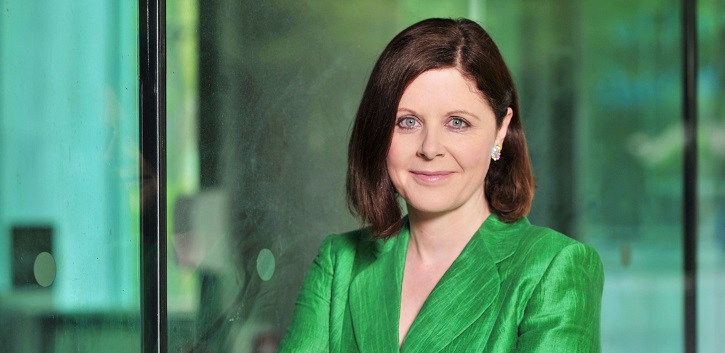Global Cities and Poor Choices: The Rio Olympics

The French philosopher Jean-Paul Sartre says ‘we are our choices’ and indeed, it would appear watching the Rio Olympics this week that the International Olympic Committee and the Brazilian government are living very much with consequences of their choices.
In 2007, a very significant choice was made to award Rio de Janeiro the opportunity to host the 2016 Summer Olympic and Para-Olympic Games. Since then, the Brazilian government have made a whole range of choices about how that Olympics would be managed and presented in a country with massive social inequality.
Surprisingly, some scholars of global cities such as Saskia Sassen were initially optimistic that the Rio Games could be a significant source for good in the city. She argued that the Barcelona Olympics of 1992 had been by far the most impressive of recent years because ‘the city’s government under Mayor Pascual Maragall i Mira used Games to rehabilitate an entire city.’ She initially believed that Rio could do the same arguing that the award could be ‘an occasion to regenerate a good part of the city, to bring in better services to low-income areas... A city like Rio can use the Olympics to carry out basic rehabilitation.’
Alas, it was not to be. Not only has the run-up to the Games been dogged by a succession of scandals over the doping of athletes but there has been massive controversy in Rio itself about the sense of exclusion felt in poorer communities from the Games. The Comité Popular Rio, a local social movement has documented a range of human rights abuses linked to both the Olympic Games and the 2014 World Cup and presented them in a report entitled The Exclusion Games to the International Olympic Committee. The report claims that at least 4,120 families have lost their homes and another 2,486 families were threatened with removal as a result of infrastructure projects associated with the World Cup and the Olympics. Thousands of children have been displaced and left unable to access education, healthcare and other social services. The dossier also notes increased levels of police violence aimed at adolescents as a result of favela pacification programme carried out in the city because of the two events. Since the opening of the Games on August 5th, there have been protests both inside and outside Olympic venues and before the opening ceremony police used tear gas on protesters.
According to legend, one of the most important features of the original Olympic games in Ancient Greece was the ‘Olympic peace’ where all hostilities would cease between warring parties while the Games were underway. While historians question whether the peace ever existed, there is no doubt that Baron Pierre de Coubertin’s original vision for the Games was for an event that would not promote conflict and violence. De Coubertin, an academic, who wrote about education and sociology among other themes, believed that sport could be a tremendous force for good. Indeed, he believed that by promoting understanding across culture, the Games could be a means of avoiding the dangers of war and conflict. It now perhaps time after the Rio Games with its social conflict, political violence and green swimming pools that IOC revisit this vision before making its next award to another city because in all honesty, who wants another Rio?
Dr Niamh Hourigan is Head of the Department of Sociology, UCC. She teaches on the Dept’s MA in the Sociology of Development and Globalisation programme where you can learn more about the work of Saskia Sassen and other themes discussed in this piece. For further information, visit: https://www.ucc.ie/en/cke56/
